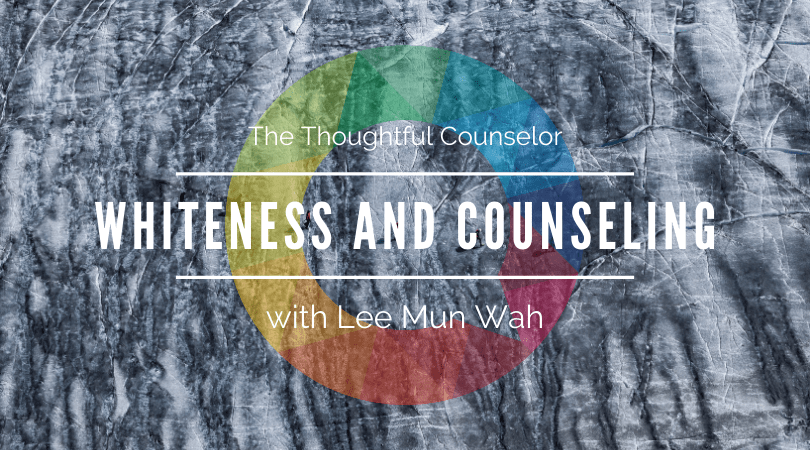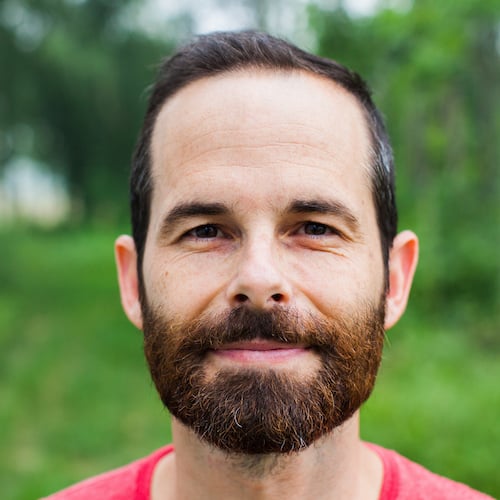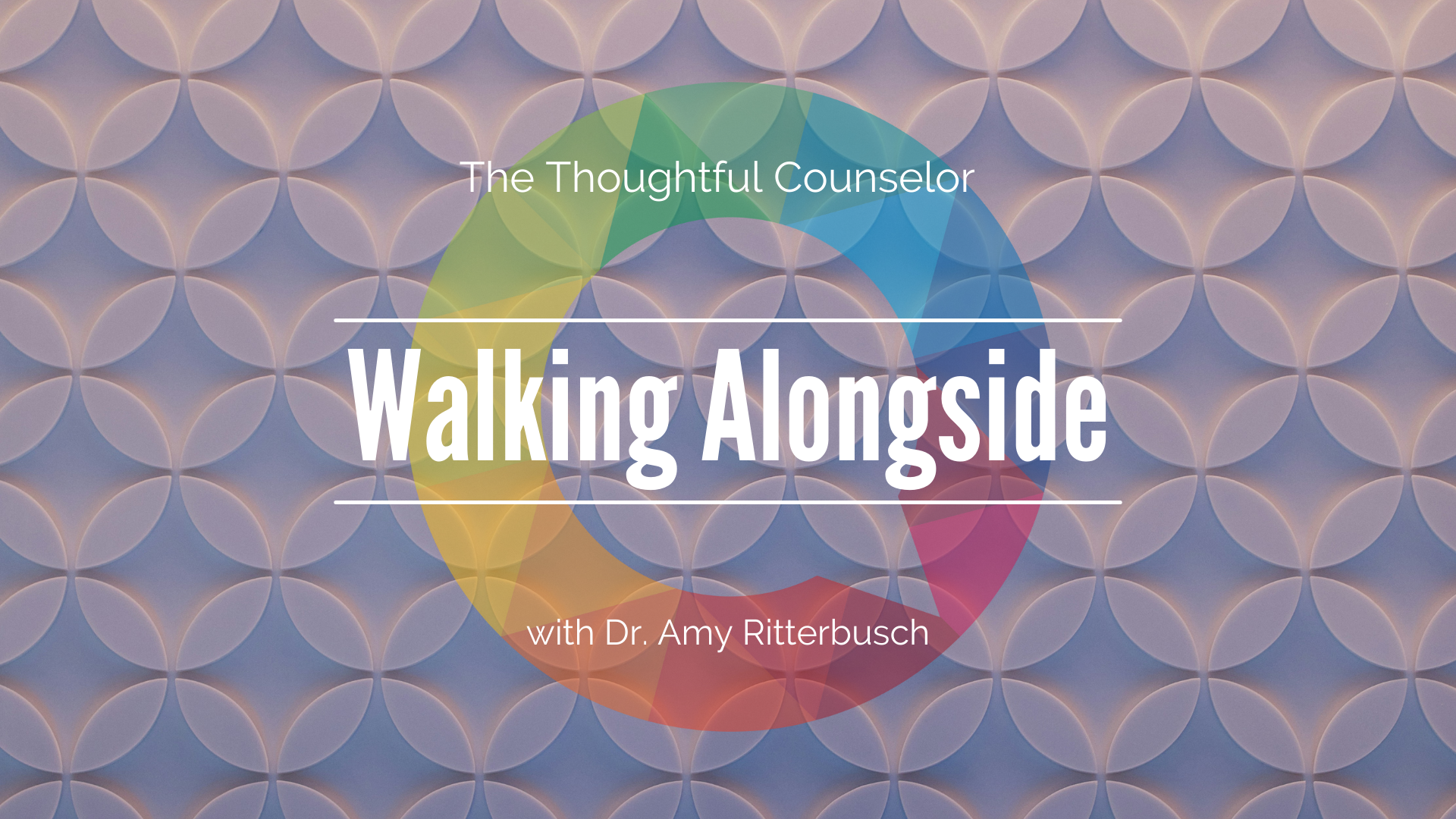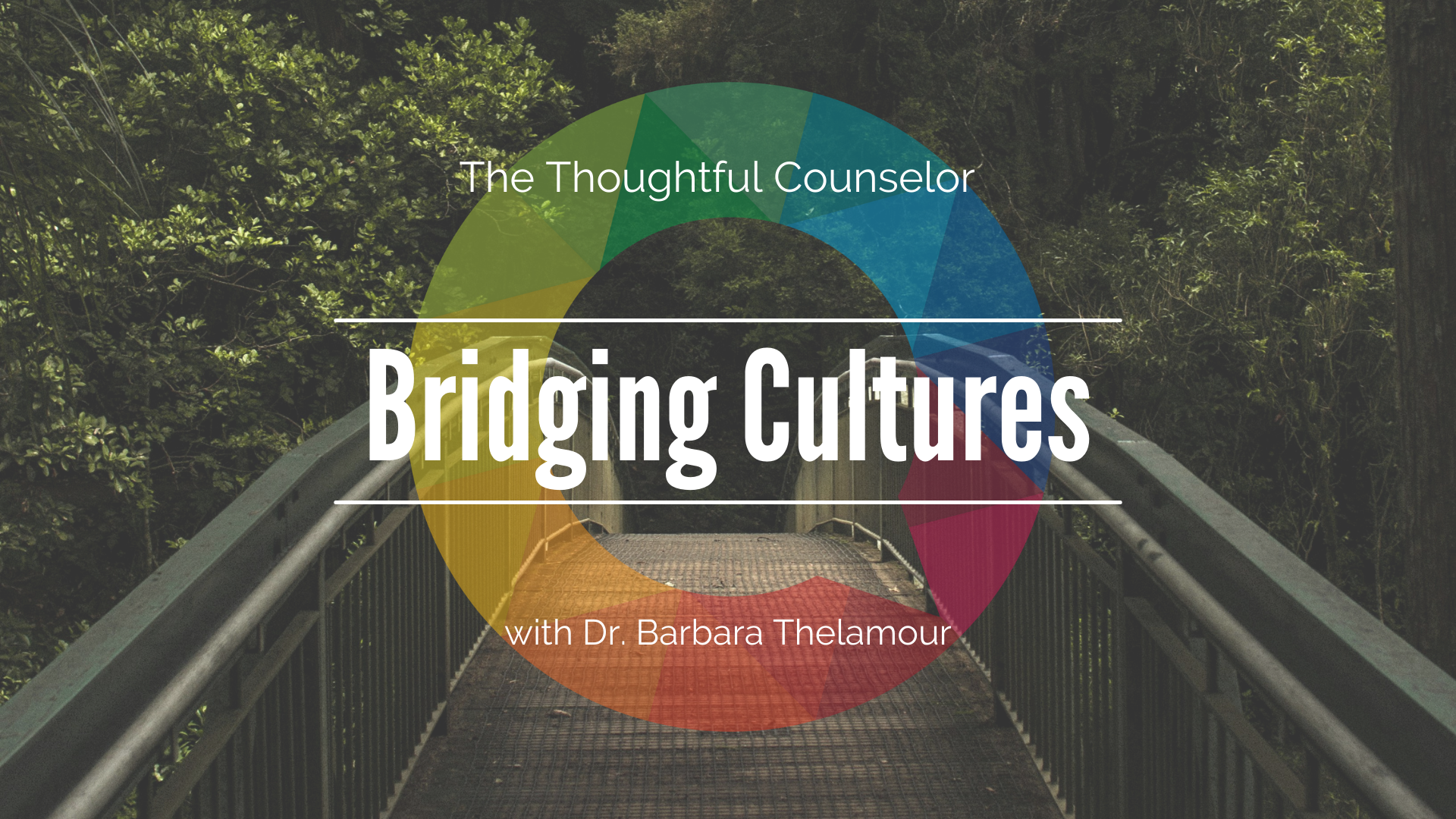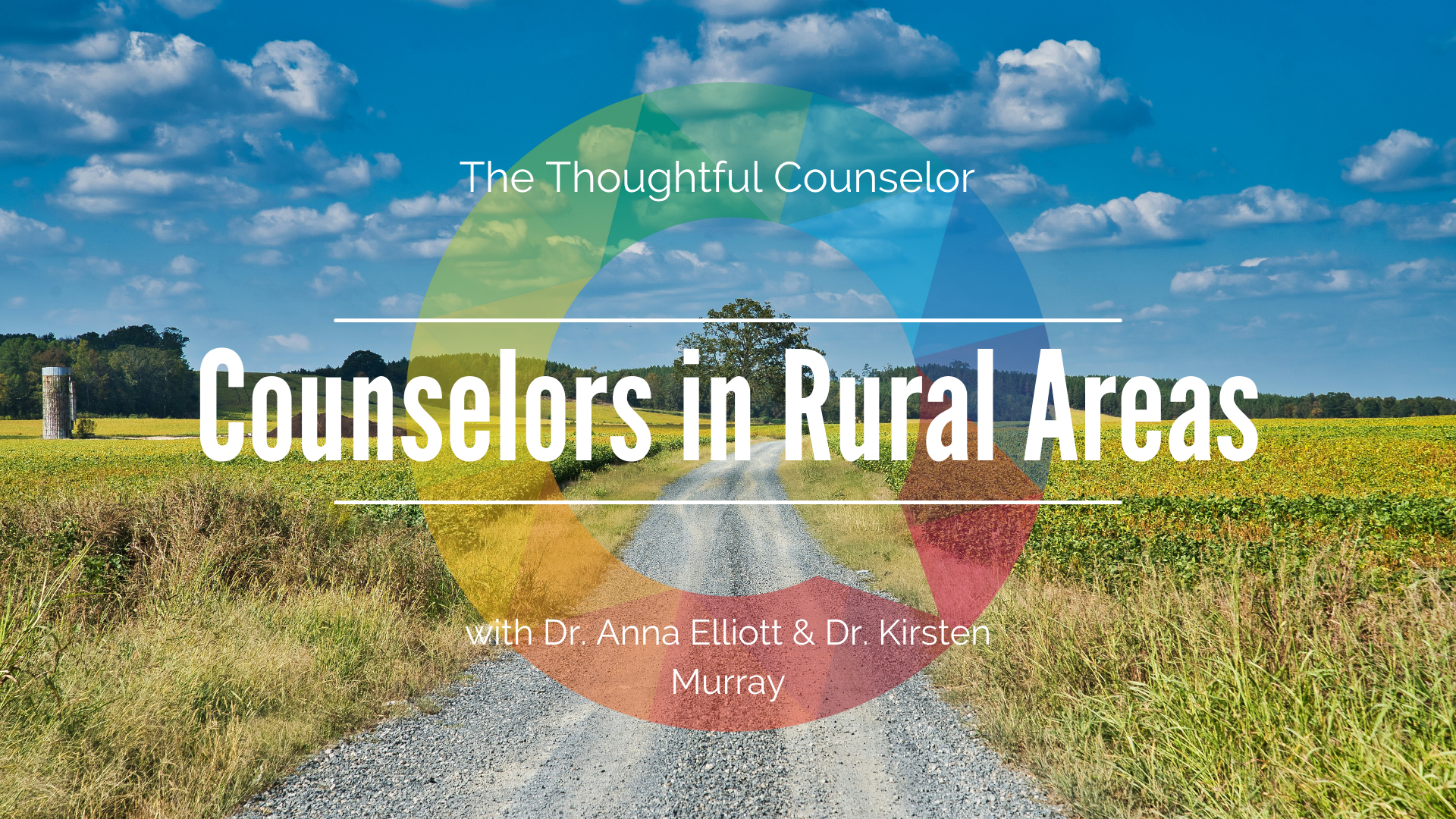Episode
About this Episode:
Dr. Aaron Smith speaks with world renown diversity trainer, clinician, and author Lee Mun Wah on how counselors can move beyond performative allyship in support of people of marginalized identities. They delve into a discussion of many of Lee Mun Wah’s award winning documentaries highlighting diversity issues and examine the ways in which counselors often implicitly and explicitly exclude people of marginalized identities in their clinical work. They also discuss how representation in politics affect people of color’s wellbeing and the ways in which white counselors often avoid having difficult discussions on race in counseling with their clients. Finally, they discuss advocacy in counseling and explore a wide multitude of resources and trainings offered by Lee Mun Wah’s practice, Stirfry Seminars and Consulting
Presenter
About Lee:
Lee Mun Wah is an internationally renowned Chinese American documentary filmmaker, author, poet, Asian folkteller, educator, community therapist and master diversity trainer. For more than 25 years he was a resource specialist and counselor in the San Francisco Unified School District. He later became a consultant to private schools, working with students that had severe learning and behavioral issues. Lee Mun Wah is now the Executive Director of Stirfry Seminars & Consulting, a diversity training company that provides educational tools and workshops on issues pertaining to cross-cultural communication and awareness, mindful facilitation, and conflict mediation techniques. Thousands of people from government and social service agencies, corporations and educational institutions have taken Lee Mun Wah’s workshops and partnered with Stirfry Seminars & Consulting on their diversity initiatives.
His first film, Stolen Ground, about the experience of Asian Americans, won honorable mention at the San Francisco International Film Festival, and his most famous film about racism, The Color of Fear, won the Gold Medal for Best Social Studies Documentary. Part Two of this film, Walking Each Other Home, won the Cindy Competition Silver Medal for Social Science. In 1995, Oprah Winfrey did a one-hour special on Lee Mun Wah’s life and work that was seen by over 15 million viewers internationally.
In 2005, Lee Mun Wah directed and produced the film, Last Chance for Eden, a three-part documentary on sexism and racism. His newest book, Let’s Get Real –What People of Color Can’t Say & Whites Won’t Ask, along with the film, If These Halls Could Talk, dealing with college students and their perspectives on race and racism, will both be released in 2011.
It is Lee Mun Wah’s belief that we cannot wait until tomorrow for some charismatic leader to appear who will bring us all together. We each must take a stand and personally participate in this important journey of confronting our fears and beginning a conversation not only with those we love but also with those we have been taught to fear. We cannot continue being separate and unequal without there being a cost to each and every generation. Our survival and the very future of our children depend on all of us embracing our differences as well as our mutuality. If we can accomplish this in our lifetime, we can then look back and know that we have found a way to live together authentically and harmoniously, using and honoring all of our gifts and special contributions. To Lee Mun Wah, that is the true meaning of multiculturalism.
Citation
APA Citation for this Episode:
Smith, A. (Producer). (2020, November 25). EP194: Whiteness and Counseling – Moving Beyond Performative White Allyship with Lee Mun Wah [Audio Podcast]. The Thoughtful Counselor. Retrieved from https://wp.me/p7R6fn-XnZ.

















